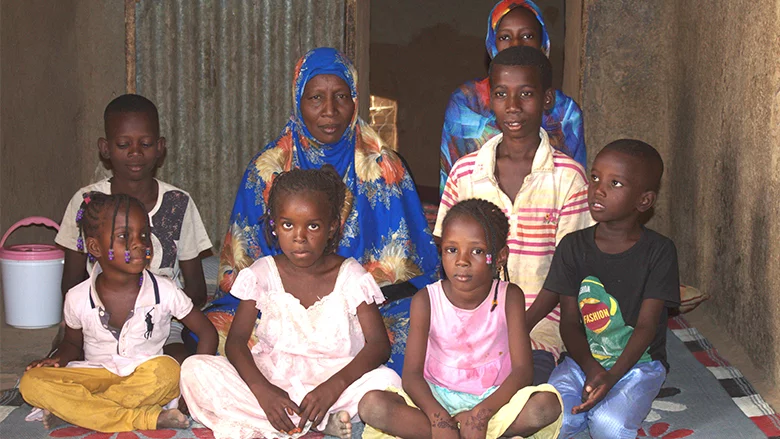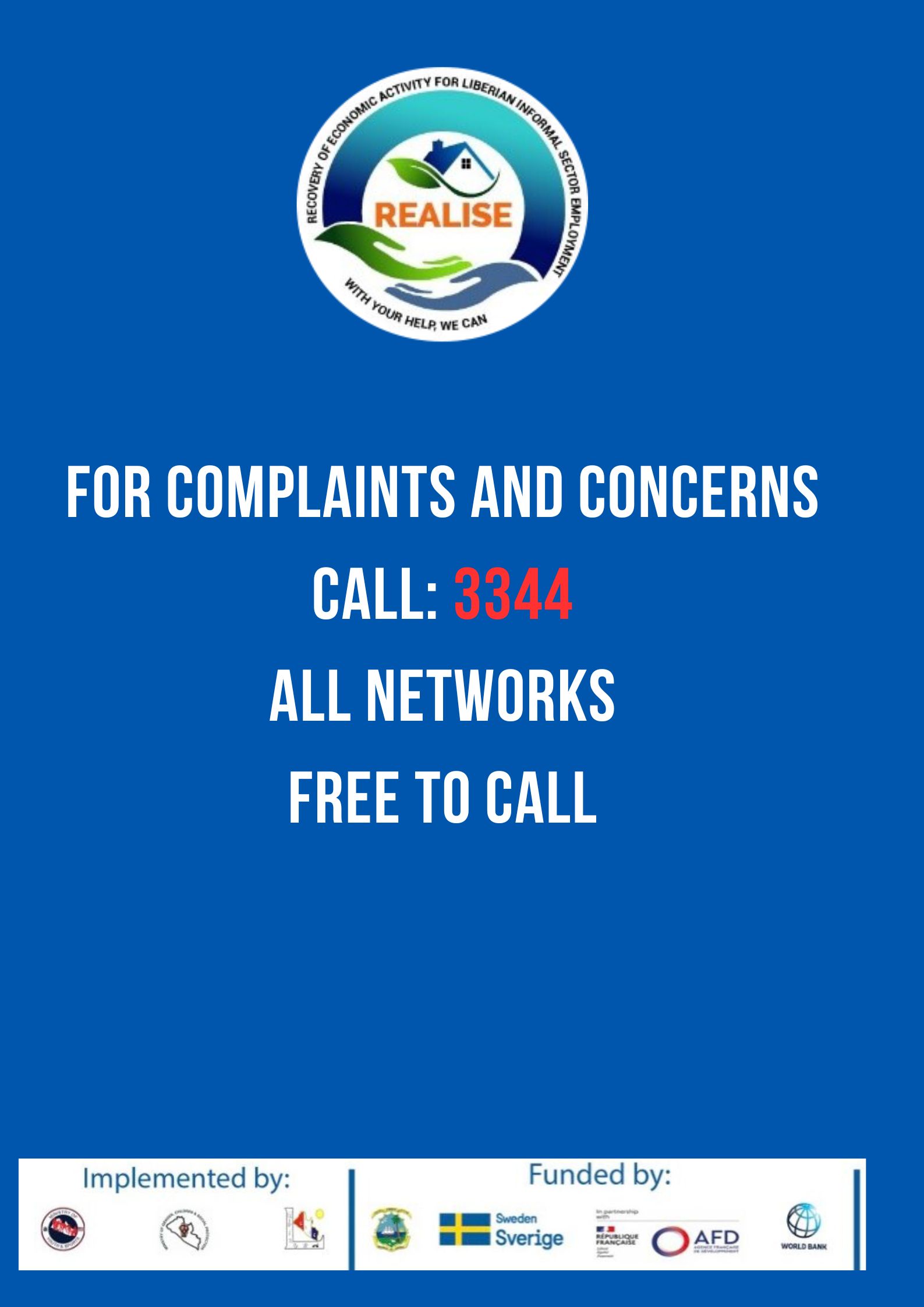Crises, trauma, loss and displacement amidst armed-conflict and humanitarian emergencies can have lifelong consequences for learning, behavior and health. Children in crises often lose access to supportive environments and essential services, making them vulnerable to exploitation and abuse. Stabilizing economic and social conditions for crisis-affected children and families is crucial to break cycles of insecurity, poverty, and harm.
Children need more than cash transfers
Adaptive social protection (ASP) helps people build resilience by preparing for, coping with, and adapting to shocks, preventing deeper poverty. For vulnerable children, ASP requires not just income support but also social services like case management, mental health and psychosocial support (MHPSS), food security, and links to education and healthcare.
While service delivery mechanisms like registries and digital cash transfers have improved the delivery of ASP, other social services for children in crises are underdeveloped, especially in fragile regions. Short-term humanitarian responses often fail to create sustainable care systems needed for the lifelong impacts of adversity on children, families, and communities – strengthened social protection systems are needed.
The lack of adequate structures for scaling and sustaining child-sensitive social protection services in fragile, disaster-affected, and low-resource settings demands a robust global response. With climate change and political insecurity on the rise, accelerated actions and systems thinking are essential. Investments are needed to resource, plan, implement, and sustain a care-focused social protection system linked to MHPSS and case management.
While technological innovations and big data have a central role in rapid response, solutions need people on the front line. A capable local workforce from nonspecialists to professionals is crucial for supporting children, youth, and families facing adversity, advancing healthy societies, and ensuring global security and stability.
What have we learned and what more do we need to learn?
In recent years, there has been significant innovation in social protection interventions for children and families facing adversity. Robust evidence from integrated programs, such as parenting and cash transfer initiatives, and MHPSS with nutrition programs, points to their positive impacts. Advances have been made in conflict and disaster settings, low-resource areas, especially at the nexus between humanitarian, peace-building and development interventions. New technologies are enhancing service delivery and access to information, with substantial innovations spurred by responses to COVID-19.
Yet substantial gaps remain. The robust evidence on program performance is often based on smaller closely managed efficacy trials, leaving questions of effectiveness at scale unanswered. Evidence from crisis settings is limited. There has been less investment in understanding design issues and why certain interventions are effective and how effective interventions can be layered, coordinated, supplied with a workforce as well as the policy and budgetary input essential for sustainable systems strengthening.
Implementation science offers lessons for ASP
Going forward, research needs to consider implementation science—the scientific study of methods and strategies to facilitate the uptake of evidence-based practices and interventions into routines use by practitioners and policymakers. Applying implementation science to strengthening ASP systems can guide how programs can be scaled sustainability, including studying adequate workforce support, financing and incentives to provide a continuum of care from crisis prevention to response while maintaining quality.
Developing an evidence-based system for setting qualifications, training, supervision, incentives, and professional development for a care workforce, from nonspecialists to professionals, is crucial. This includes determining appropriate caseloads and supervision for nonspecialists to prevent burnout and ensure quality care. Ensuring that front line workers are well compensated will also ensure that women are not expected to add care components to their existing responsibilities.
Rigorous methodologies are needed, drawing from the hundreds of implementation science frameworks, to identify and test strategies for scale and quality while designing context-specific programs. Each country, whether South Sudan or Gaza, requires robust analysis of service delivery capacities and needs, including of the social service workforce. Lessons from health sector interventions, like mobilizing community health workers through task-sharing, can be adapted for crisis contexts.
This article was initially published by the World Bank Blog





